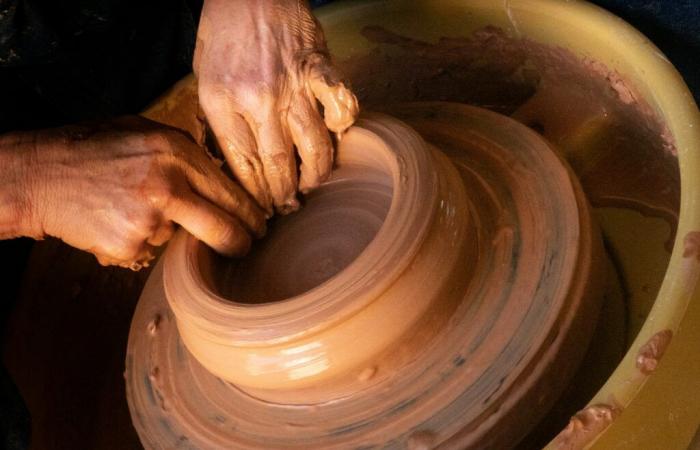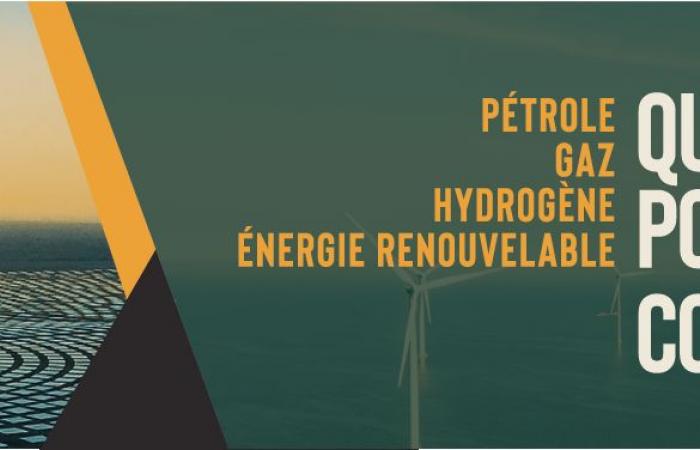
The Chamber of Crafts of the Fez-Meknes region has approved a partnership agreement aimed at modernizing traditional kilns used in the pottery and lime sectors. This project, with a budget of 108.6 million dirhams (MDH), is part of the sixth strategic axis of the regional development program (PDR), focused on the protection of natural resources and adaptation. to climate change.
The main objective of this initiative is to reduce air pollution caused by artisanal activities while promoting the environmental upgrading of businesses in the region. Naji Fakhari, president of the Chamber of Crafts, explained that the project aims to reduce greenhouse gas emissions, improve the energy efficiency of ovens, modernize artisanal production techniques and guarantee better product quality. At the same time, he aspires to improve the living conditions of local artisans.
A Global and Concerted Approach
The regional director of crafts in Fez, Abderrahim Belkhayat, indicated that this first phase of the project will concern 249 pottery units in Fez and 60 lime production units in Sefrou. He also proposed extending the initiative to other cities in the region to strengthen its impact on sustainable development.
Read also|The cement sector in Morocco closes 2024 with growth dynamics
The agreement provides for collaborative financing involving several institutional actors. The Fez-Meknes Regional Council contributes 29 MDH, while the Ministry of Energy Transition and Sustainable Development allocates 79.6 MDH. Other partners, such as the Ministry of Economy and Finance, the Ministry of Tourism, Crafts and the Social and Solidarity Economy, the Wilaya of the region, the province of Sefrou and the Caisse de dépôt and management for development, are also participating in this ambitious project.
Towards an Ecological Transition of Crafts
During this session, those in charge of the Chamber underlined the importance of rigorous support and effective control of artisanal activities to guarantee the success of this ecological reconversion. By modernizing traditional practices, this project embodies an innovative approach combining respect for the environment and the economic viability of artisanal activities, thus contributing to a more sustainable future for the Fez-Meknes region.










